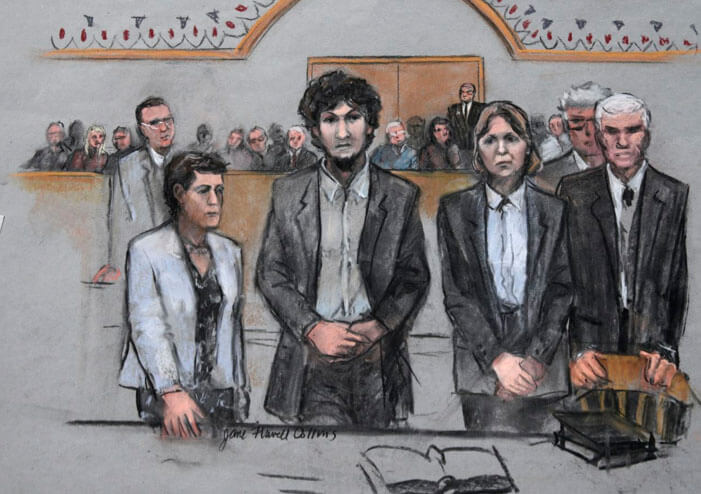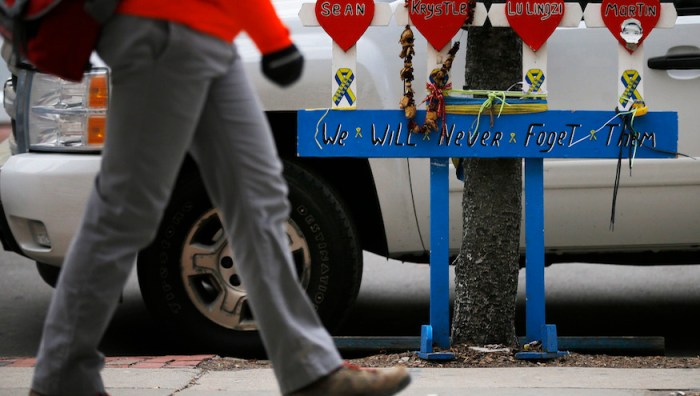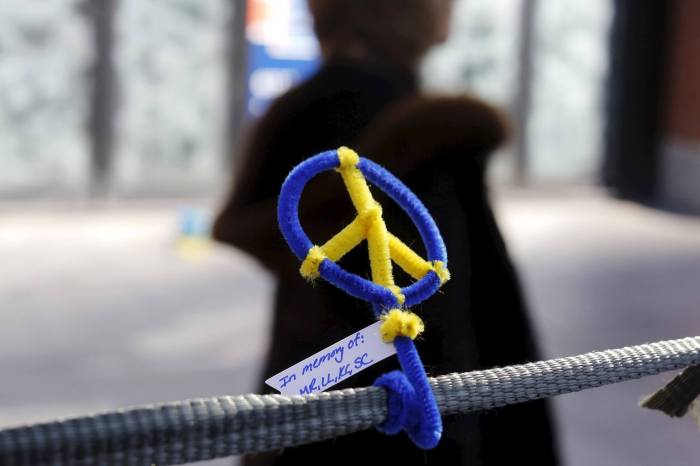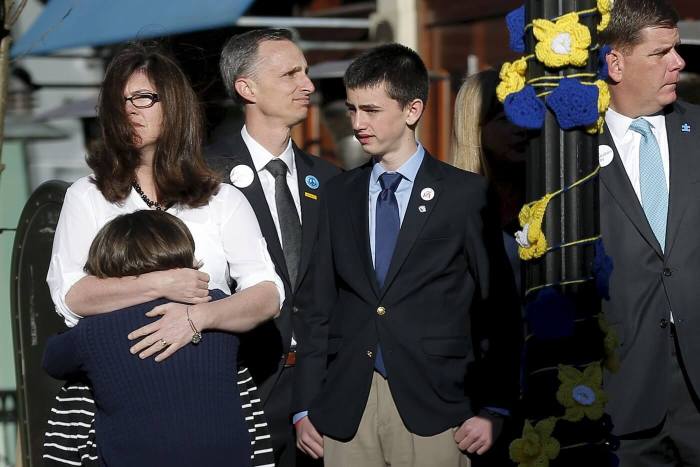A federal jury on Friday chose death by lethal injection for the Boston Marathon bomber, and though the decision brought closure to those affected by the devastating 2013 attack, the saga’s end is far from near. The jury’s decision doesn’t necessarily mean Dzhokhar Tsarnaev, 21, will face imminent death. Defense attorneys will likely appeal the sentence, a process that can take years.
Attorney Joe Serpa, a Boston criminal defense attorney for 20 years, said all American citizens sentenced to death receive an automatic appeal, which will be made before the First Circuit Court of Appeals. After the court’s decision, Tsarnaev will be able to appeal to the United States Supreme Court. “Depending on the appeals process, he could be executed as soon as two years from now all the way up to 20 years from now,” Serpa said. “He has the right to extend this process for at least a decade to come.” Tsarnaev is set to be put to death by lethal injection in the U.S. Penitentiary in Terre Haute, Indiana. It was here that Timothy McVeigh, the Oklahoma City bomber and perpetrator of the largest domestic terrorism attack, was put to death. But lethal injection as a practice is under the microscope as the lingering question of whether or not the cocktail used to put the condemned down is constitutional is still a topic of debate.
“There are several states that have put a moratorium on the death penalty due to questions regarding the 8th Amendment and whether or not the lethal injection cocktail qualifies as cruel and unusual,” Serpa said. The death penalty is legal in 32 states, and illegal in 18 states.
After Friday’s verdict, an anti-death penalty crowd made their presence known outside the Moakley Courthouse.
“We’ve been out here since the beginning trying to put the perspective of war and peace into this matter,” said Veterans For Peace activist Al Johnson. “I don’t want to see anyone get the death penalty, innocent or guilty. Life without parole would have been the right thing. Let him dwell on the horrendous acts he did for 40 or 50 years.” The question of Tsarnaev becoming a martyr has been an issue throughout the trial and was one that Johnson was concerned with.
“It doesn’t help us and it doesn’t help anyone for him to reach that status because we put him there,” Johnson said.
While many residents of Bay State stand against the death penalty, there was no shortage of people believing that justice was served. On Boylston Street following Friday’s verdict announcement, a man with a camera and an intimate knowledge of death row weighed in. “I worked for years in a death row prison and I know why it’s there,” said Dave Thomas, 57, of Omaha, Nebraska. He worked as a medical administrator in a maximum security prison in the Department of Corrections in Nebraska. While life without parole would have sat well with Thomas, he believed that the jury made the right call. “My feelings on the death penalty were complacent but I think in this case it was legitimate to rule the death penalty,” Thomas said.
“They had 12 jurors that heard way more than we did. They didn’t take their decision lightly and I trust they made the right decision. I just hope he doesn’t become a hero or a martyr because of it.” Metro
Tsarnaev case far from finish line

Courtroom sketch


















